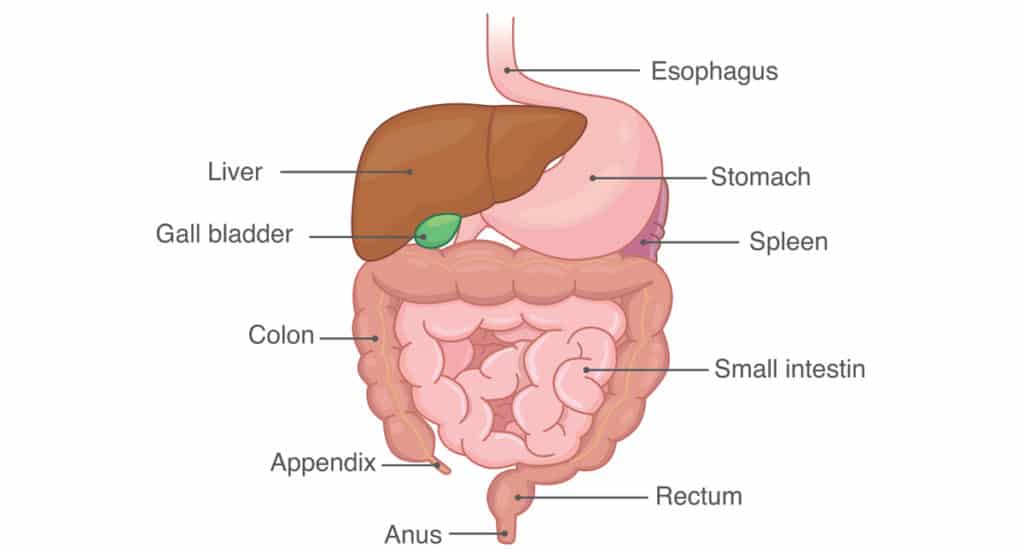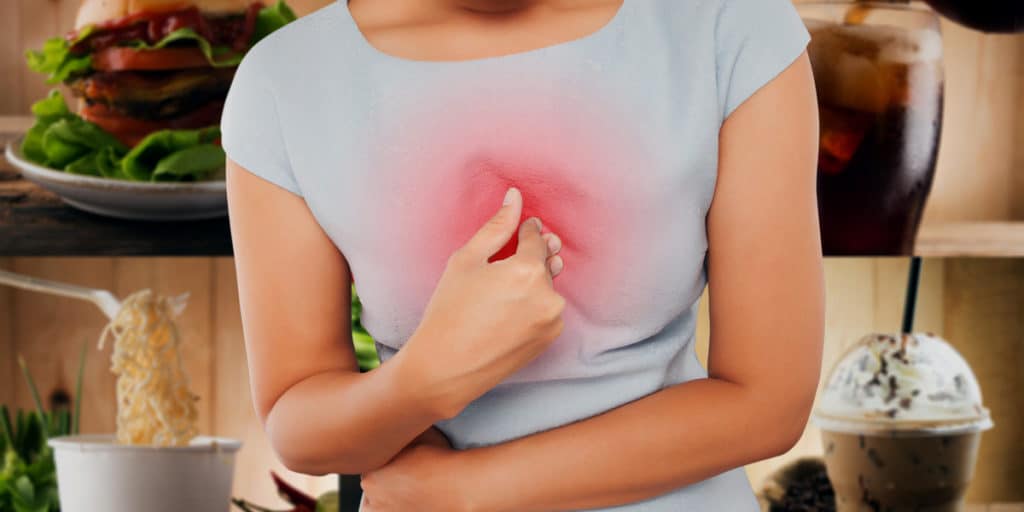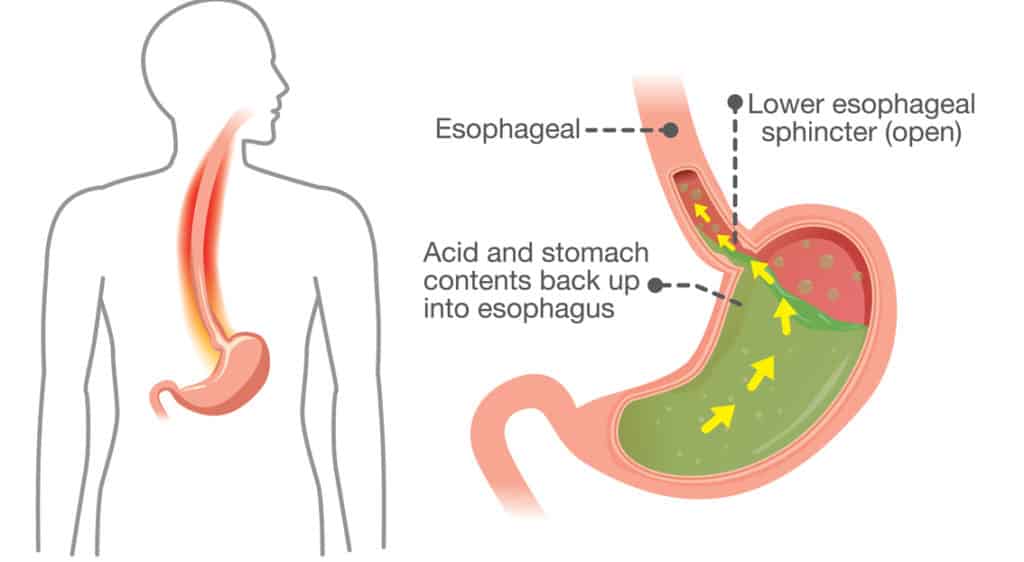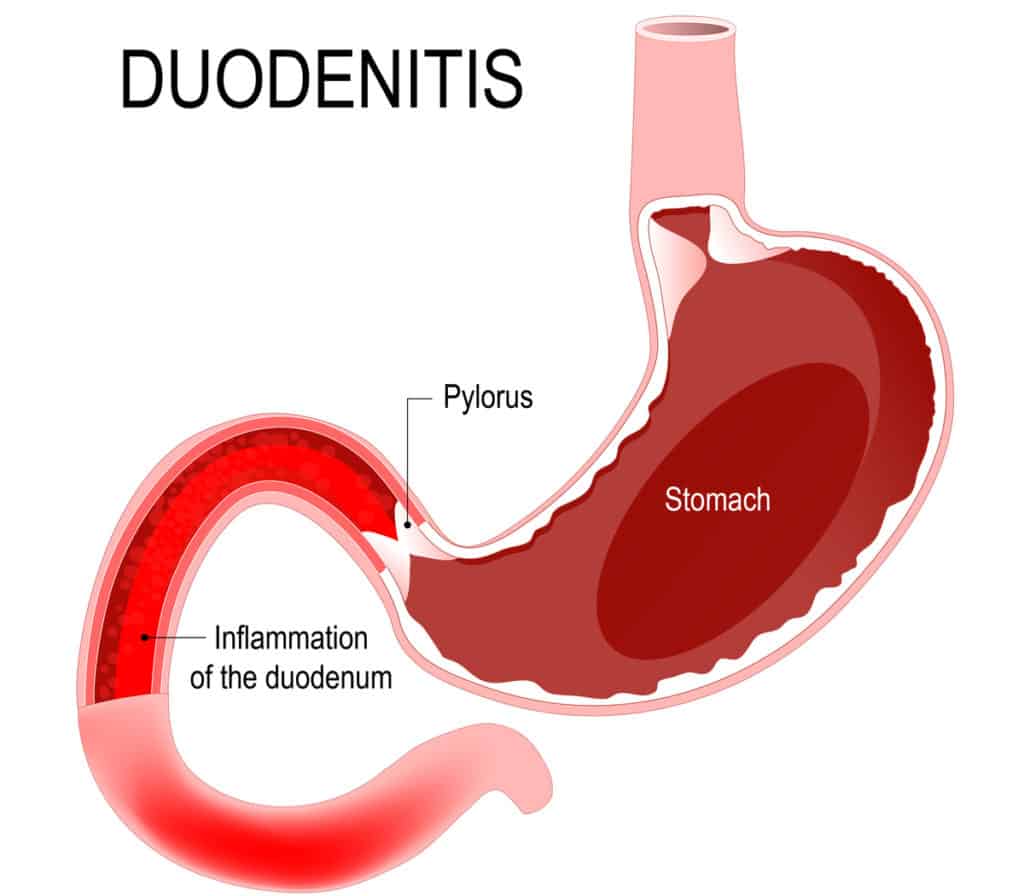You probably have been suffering from chronic acid reflux that’s why you came across this topic. No worries, I will be telling you a few facts that you have never heard of about GERD which also leads to Esophagitis. Along with this are complications and risks you have to be aware of.
I fully understand that there are things you have yet to discover about Gastro-Esophageal Reflux Disease (GERD) so here I am to share with you the information that you have been looking for. I will be starting from the basics of this discussion to refresh your mind of what you already know.
Here is a quick overview of the topic:
- Let’s go back to the basics and quickly talk about your Stomach and Esophagus
- Acid Reflux or GERD? See if there is any difference
- Find out why you suffer from Heartburn when you have GERD
- Learn more about Esophagitis and why it occurs
- How Hiatal Hernia is linked with GERD
- Additional facts on Gastritis and Duodenitis together with your gastric acidity
Now that you have an idea of what we will tackle, let me go straight to the first set of information that is mainly affected by GERD.
Fact Check about Your Stomach and Esophagus

It is important that you know the roles of your stomach and esophagus, respectively — with regards to your general health especially if you are suffering from any related digestive disorders. I’ll make it simpler for you to have a better view on the functions of your stomach and the esophagus.
Above is an illustration of the human digestive system, but let’s just focus on the following:
Stomach – a sac-like digestive organ that is heavily lined with mucous membranes, it sits between your esophagus and the first part of your small intestine (on the left side of your abdominal cavity).
Hydrochloric acid – this is secreted by the glands in your stomach that creates an acid environment to activate the secretion of pepsin
Pepsin – enzyme that is responsible for digesting protein
Lower part of your stomach – this is highly acidic and it’s the section where carbohydrate digestion temporarily stops, this is why it is important to chew your food well (esp starchy and sugary foods)
Esophagus – it is the tube that connects your throat to your stomach; it secretes alkaline compounds to lubricate food for a smoother passage toward your stomach
Remember: The stomach breaks down large food particles into smaller molecules so they can be absorbed into the blood more easily while nutrient absorption occurs in the small intestine.
And that’s all about your stomach and esophagus. Now, do you know if you are suffering from acid reflux or GERD? If you’re not sure whether they are the same or not, sit back and keep on reading the next fact.
Acid Reflux vs Gastro-Esophageal Reflux Disease: Is there a difference?
30% of UAE population suffers from acid reflux
Gulf News, 2015
Many people experience acid reflux from time to time, but when it is more severe and chronic, then that is a different case—it could be GERD. What you have to keep in mind is that acid reflux sometimes progresses to GERD.
For a better understanding here are the key differences between Acid Reflux and GERD:
| Acid Reflux | GERD |
| Occurs when acid from your stomach moves backward into your esophagus (mainly due to the muscle being weak or it doesn’t tighten properly) | Occurs when your stomach acid more frequently flows back into your esophagus causing the lining to be inflamed and irritated (esophagitis) |
| Causes you to feel heartburn | Causes you to feel like there is a lump in the back of your throat (as well as heartburn) |
| Can range from mild to serious | More severe and chronic form of acid reflux |
GERD is characterized by the inflammation and sometimes bleeding of the esophagus mucous membrane lining from excessively acidic alkaline fluids, bile, and/or food that enter upwards from the stomach.
There are 3 things you could do that may help:
- Eat more frequent and smaller meals
- Walk after eating
- Avoid eating just before lying down
Important note: Over-the-counter or prescription drug antacid preparations can make this problem worse. Lack of sufficient stomach acid impedes the digestion of food and the absorption of nutrients.
To sum it up, GERD is basically a form of acid reflux. You’ll be able to figure out which one of them you’re suffering from by monitoring how frequent and severe your symptoms are. You may have to consider changing your lifestyle or diet.
Moving on, let’s talk about the major symptom of acid reflux: heartburn. Let’s find out how it happens or why you experience this burning feeling in your chest.
Heartburn in GERD

Heartburn is frequently mistaken with GERD. That painful burning feeling that you feel when you have acid reflux, or worse, GERD, could sometimes be unbearable for sure—that is heartburn, which is the accompanying symptom of acid reflux and the primary indicator of having GERD.
Quick fact: Berries like strawberries which have high antioxidant properties and have healthy acids are believed to help relieve heartburn, provided that they are consumed in moderation.
Because your esophagus is delicate and sensitive, the acid from your stomach rising to your esophagus is the reason why you suffer from that sharp burning sensation in your chest.
Anyway, as mentioned earlier, GERD can cause inflammation of your esophagus lining which mainly stems from stomach acid coming back up (heartburn) and when this frequently happens, this leads to a complication: Esophagitis.
Complication with Esophagitis
Esophagitis is one of the major complications of GERD (along with it is Barrett’s Esophagus). It is defined as the inflammation of the esophagus lining.

If you frequently have heartburns, this could irritate your esophagus and would cause scarring that could narrow your esophagus and would give you trouble swallowing. In other cases, this could be due to allergies or pathogens interfering with its normal functions, which is to send food from your mouth to your stomach.
For a better understanding, let me go ahead and show you a better representation of the above facts I have mentioned so far:
Stomach Acid moving up to the Esophagus → Acid Reflux / GERD → Heartburns → Esophagitis
Basically, GERD causes you to have heartburns which could damage the lining of your esophagus, and if it is left untreated, this could lead you to have a complication called Esophagitis.
What’s missing here in the first place is the reason as to why your stomach acids flow back up into your food pipe (esophagus). Keep reading to discover the culprit.
Understanding the Role of Hiatal Hernia
One probable reason the stomach acid rises back into your esophagus is due to a condition called hiatal hernia.
Having a hiatal hernia may increase the risk of stomach contents to reflux into your esophagus more easily resulting to GERD. It happens when the stomach becomes abnormally displaced upward into the diaphragm cavity and an out-of-place stomach can lead to all kinds of digestive complications.
Sometimes a hiatal hernia is due to Staph or Strep present in the hiatal sphincter. In other cases, coughing, vomiting, or sudden physical exertion can cause increased pressure in the abdomen.
So that’s how it goes, you may want to consider checking whether a hiatal hernia is the underlying cause of your GERD.
Let me now take you to the last part of our facts. I’ll briefly share some additional information on gastritis and duodenitis that you may also be suffering from.
Coexisting Cause of Gastritis & Duodenitis
Firstly, gastritis and duodenitis are both inflammations. See the difference between the two:
Gastritis – inflammation of the stomach
Duodenitis – inflammation of the duodenum (part of the small intestine that connects to the stomach; it also receives secretions from the pancreas and lives to aid in digestion

The most common cause of gastritis and duodenitis is the presence of bacteria which is called Helicobacter pylori. Large amounts of the said bacteria cause inflammation. This can be transmitted to and from people, dogs, cats, sheep, gerbils, and pigs.
In addition to that, an excess or a deficiency of hydrochloric acid can cause gastritis. Below are some basic facts that may help:
Hydrochloric acid – essential for digesting protein
Hyperacidity – happens when the stomach secretes excess acids; this also leads to acid reflux / GERD
Hypoacidity – indicates a lack of hydrochloric acid in the stomach
That will be all for the facts that you have never heard of. Prevention is better than cure so knowing the essential information is a huge help for you to stop anything from getting worse, specifically if you have to deal with chronic acid reflux, GERD.
Conclusion
Many people experience acid reflux or worse, GERD. A deep understanding of the disease may give you an idea of why it occurs and how you can overcome it.
To better understand this problem, below is the summary of facts mentioned that are linked with each other:
Hiatal Hernia
stomach abnormally displaced upward; increased risk of reflux
↓
Acid Reflux / GERD
stomach acid to moves up to the esopaghus
↓
Heartburns
primary indicator of GERD; it can damage the lining of the esophagus
↓
Esophagitis
irritated and inflamed esophagus lining
Overcome GERD Naturally
You’ve found the right place that you have been looking for. Our methods and techniques are completely non-medical, non-invasive and natural to end your struggles with GERD.
One must identify the trigger factors in order to eliminate the symptoms.

There are just a few things that need consideration in order to easily figure out what has been causing your problem with GERD. We can help you find out the following, but you may also have it done in a lab at your convenience:
- Food intolerances or sensitivities
- Acid/Base balance in your body
- Stressed organs. e.g. liver and gall bladder as well as your small and large intestine
Just keep in mind that identifying and checking these will help to come up with a clear conclusion and solution to your condition, including any underlying illnesses.
Our holistic approach to healing is safe, so worry no more, and let us help you.
Connect with us through our Facebook page at www.facebook.com/NAETDubai or visit: www.naetdubai.com. You will find a wealth of information here along with an opportunity to speak confidentially through WhatsApp 056-639 0197 or Phone Call 04-420 1633.
You may also email us at admin@naetdubai.com



